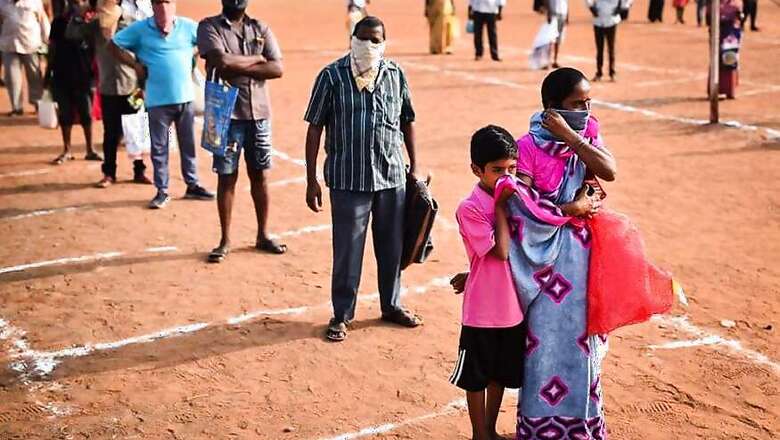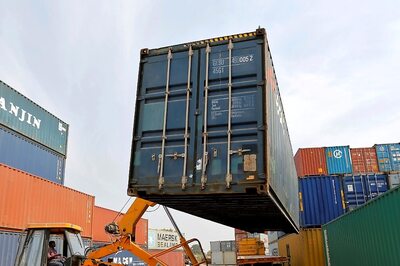
views
New Delhi: Social and cultural behaviour of communities should determine messaging and measures to check the spread of the novel coronavirus, say experts, suggesting that a one-size-fits-all approach may not be effective in restricting the proliferation of the deadly pathogen.
“Social distancing in places like Africa will be different from places like Europe and the US because of the difference in socio-cultural environment,” says Dr Samba Sow, one of the pioneers of the fight against Ebola in western African nations.
“In a situation like this, if a country does not work with communication and community leaders, if you do not take into account socio-cultural behaviour of the community, you will fail. Cure may be worse than the problem,” he adds.
In countries with porous borders, the policy of social segregation and complete lockdowns, some experts believe, would be impractical and difficult to implement.
The virus is reported to have had its first zoonotic transmission in Wuhan, the capital city of Hubei province. After an exponential increase in patients testing positive for COVID-19, the Chinese government imposed a strict ban on travel in the region and a complete lockdown in Wuhan.
The measures seem to have broken the chain of spread of the highly contagious pathogen, and there have since been calls in other countries to emulate the Chinese model to control the disease which has already claimed thousands of lives the world over.
Professor Kareen Katloff from the University of Maryland School of Medicine who has extensively worked on the impact of contagious diseases on children feels social and political context of a country need to be taken into account to manage the spread in low income and high population density nations.
“So what worked in China didn’t work in Italy, and probably can’t be implemented in the US. There are families in rural Africa that have 200 people who share a cooking fire,” she says on being asked what could possibly be the best tools for controlling the spread of the virus in countries like India and Nigeria.
“I do worry very much that a vaccine will have to be the answer for prevention in environments like that,” she adds.
India is enforcing a three-week nationwide lockdown after the country registered cases of cluster spread in big cities and even in some small towns. In the absence of any employment opportunities during the lockdown period, lakhs of migrant and unskilled workers are travelling back to villages from urban centres.
Dr T Jacob John, the former head of the Indian Council for Medical Research's Centre for Advanced Research in Virology, says the lockdown is primarily to slow down the spread of the virus and to reduce its growth in small proportions.
“But the flip side is that the public should have been told about what hygiene and precautions they should follow when they are indoors, because people might be asymptomatic. They should know whom to contact when they develop symptoms while they are indoors,” Dr John says.
The first COVID-19 positive case in India was registered in the last week of January. There are currently close to 700 active cases in the country.




















Comments
0 comment